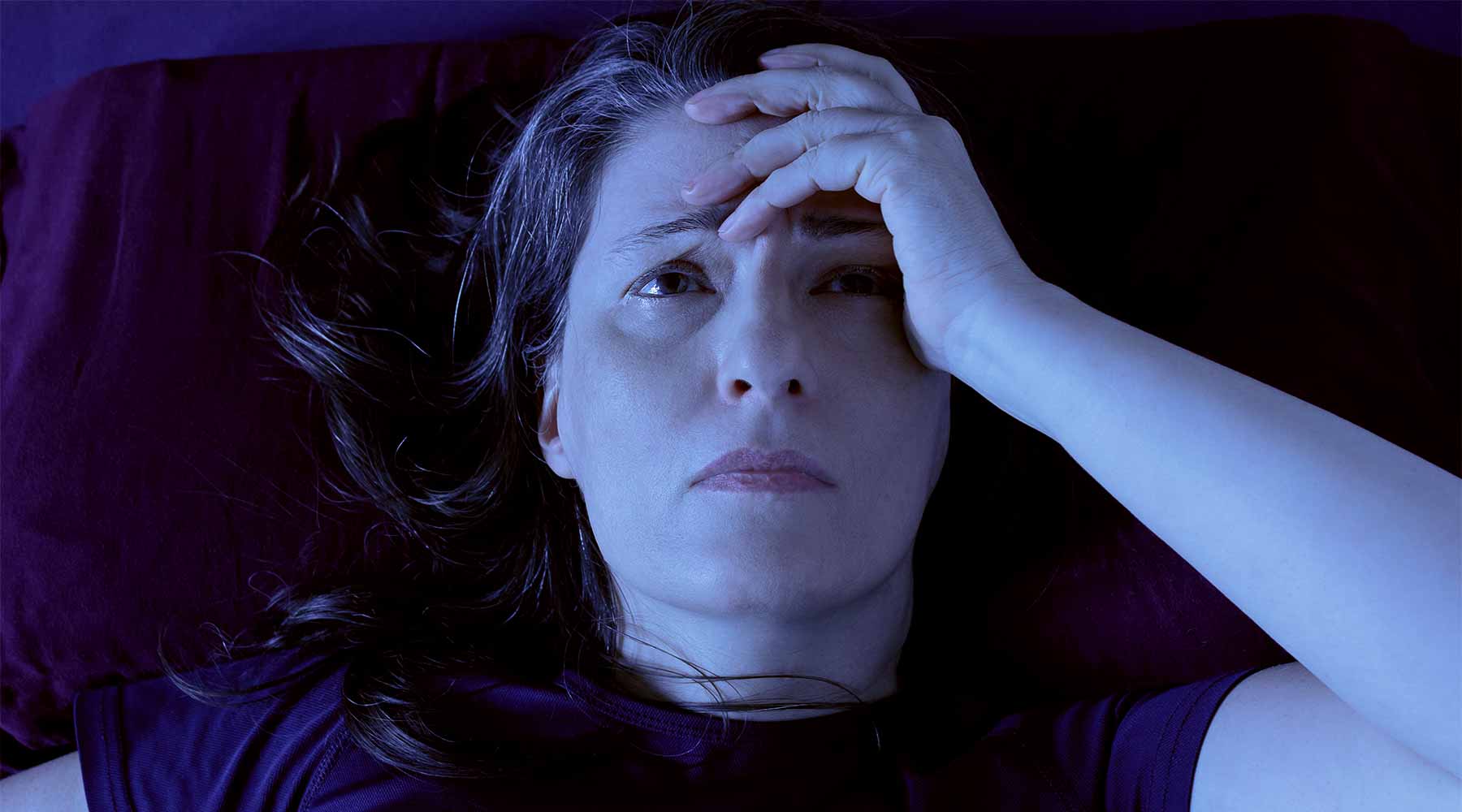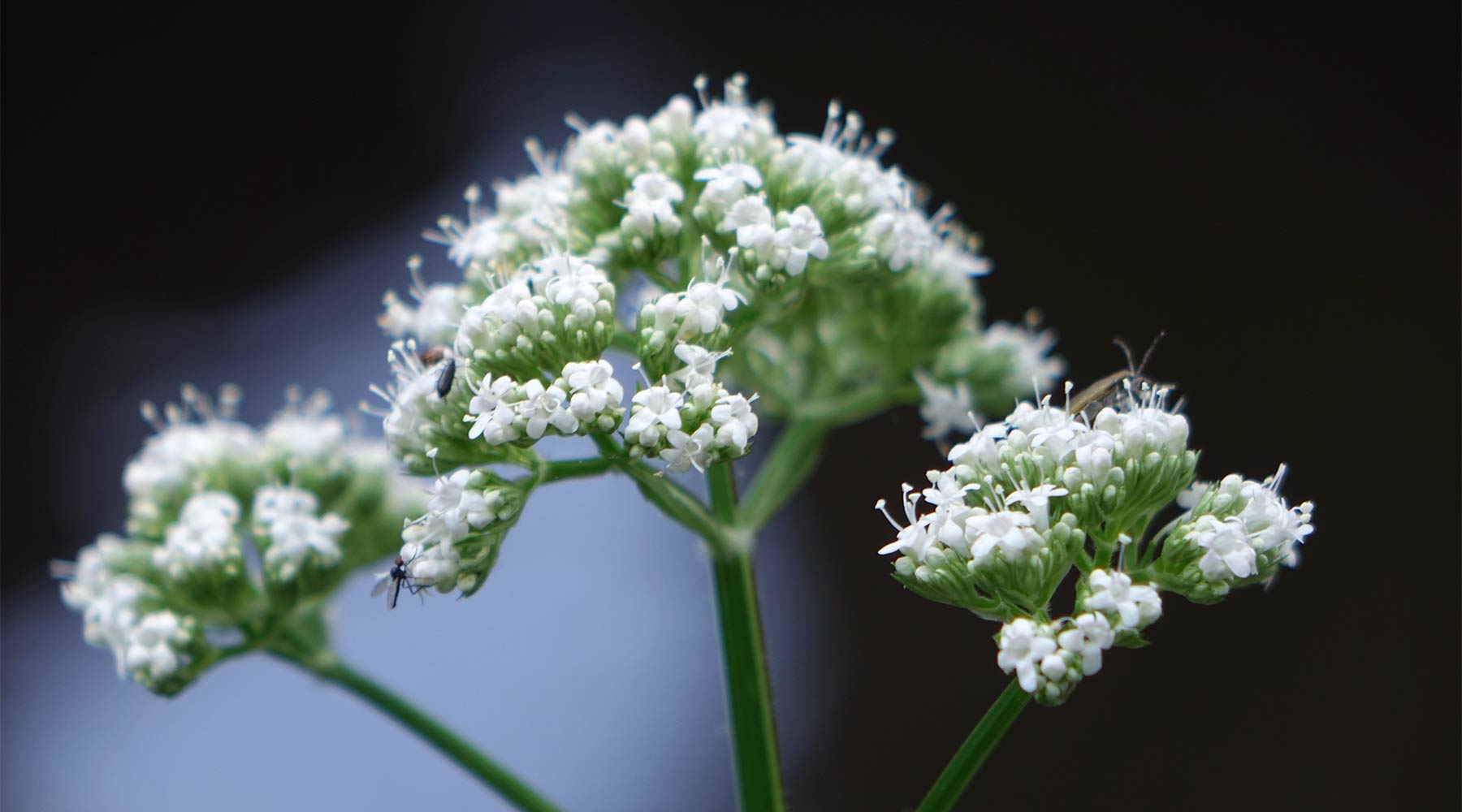
How does waking up work?
Being ready first thing in the morning? That doesn't always work. Here we explain what happens in our body and brain when we "wake up" in the morning and what we can do to get out of bed more effectively!
Table of contents
- The awakening process
- The gradual activation of the body
- How we can improve the waking process
- Conclusion
We fall asleep at night and wake up refreshed in the morning – that always sounds easier than it is. But it's not just sleep that determines our fitness during the day; the way we wake up is also important. Sometimes we feel fresh and energized in the morning, while other days we'd rather hit the snooze button and stay in bed. We'll explain why this is.
1. The awakening process
Our sleep follows the circadian rhythm, which is controlled by our "internal clock." One of its most important cues is light. The transition from darkness to light, which occurs naturally in the morning, signals to our body that it's time to wake up.

In the early morning hours, the production of our "sleep hormone" melatonin decreases, while the stress hormone cortisol is released in greater quantities. This is how our body naturally prepares for wakefulness. However, because we often live in artificial light these days and are often woken up before our natural waking time by our alarm clocks, this natural process can be disrupted.
Whether we wake up well in the morning also depends on which sleep phase we wake up from. Being jolted from deep sleep or the REM phase can make us feel groggy, tired, and "run down." Ideally, we should wake up from a lighter sleep phase to feel refreshed.
2. The gradual activation of the body
The waking process is usually not a sudden change, but occurs in several phases. During waking, for example, the brain gradually activates different regions. Some areas of our brain take a few minutes to fully function. This is why the first few moments after waking often feel a bit confused or foggy. How a natural waking process works
Heart rate and breathing
Even before we consciously wake up, our sympathetic nervous system begins to become more active, gradually increasing our heart rate and breathing rate. This preparation ensures that our organs are supplied with enough oxygen as soon as we move or stand up.
Circulation and blood pressure
During sleep, blood pressure and blood flow drop significantly. When we wake up, both must be quickly increased again to ensure the activated organs are properly supplied. This is helped by the so-called orthostatic reflex, which causes the blood vessels in the legs and lower body to contract, increasing blood pressure and ensuring blood flow to the head and heart. This prevents dizziness when standing up.
Muscle activation

Our muscles relax at night and are blocked during sleep paralysis in the REM sleep phases. In the morning, however, they need to become active and function again. Yawning and stretching, which many of us do rather unconsciously after waking up, serve an important function in this process. They help us increase blood circulation, relieve muscle tension, and prepare our joints for movement again.
Hormonal changes
In addition to cortisol, adrenaline and noradrenaline are also released when we wake up, further promoting alertness and activity. At the same time, serotonin levels also rise, which stabilizes our mood and increases our sense of well-being. Furthermore, digestion is stimulated to prepare the body for food intake.
Cognitive functions
The brain needs a few minutes after waking up to reach its full potential. Brain regions like the hippocampus (important for memory) and the thalamus (responsible for sensory perception) slowly begin to work more intensively. Therefore, we can't and shouldn't make complex decisions immediately after waking up.
3. Tips to improve waking up
Of course, good sleep is essential. But even after a restful night, the start to the day can be difficult. Good morning rituals can help you wake up more easily and get fit faster.
Tip #1: Consistent sleep times
Our bodies love routine. If you go to bed and wake up at the same time every day, you naturally regulate your circadian rhythm, and waking up is usually easier.
Tip #2: Use natural light
Light is one of the most important regulators of our body clock. When it gets light in the morning, cortisol production is stimulated and melatonin secretion is reduced. Therefore, it can be helpful to wake up with sunrise or daylight, for example, using a daylight lamp or a daylight alarm clock. After getting up, it's recommended to immediately open the curtains or blinds and expose yourself to daylight to wake up faster.
Tip #3: Gentle alarm clocks
Loud, shrill alarm clocks can jolt you awake and disrupt the waking process by causing stress through the sudden awakening. A better option is an alarm clock that gradually dims the light or uses soothing sounds. This mimics the natural dawn and sunrise, giving your body enough time to adjust to wakefulness.
Tip #4: Drink and eat enough

Our bodies lose fluids overnight. Therefore, it's recommended to drink a glass of water immediately after waking up to replenish your fluid levels. If you're already a bit more awake, a healthy and balanced breakfast can ensure your body and brain are re-energized and ready to start the day.
Tip #5: Exercise in the morning
Light physical activity such as stretching or a short walk in the morning gets your circulation going and helps you shake off persistent fatigue.
4. Conclusion
-
The waking process is controlled by the internal clock and hormonal changes, especially by the two hormones cortisol and melatonin
-
Waking up is a process. Heart rate, circulation, and muscle activation gradually increase.
-
Gentle waking methods, light and morning routines can improve the process.
Best regards!


Leave a comment
This site is protected by hCaptcha and the hCaptcha Privacy Policy and Terms of Service apply.